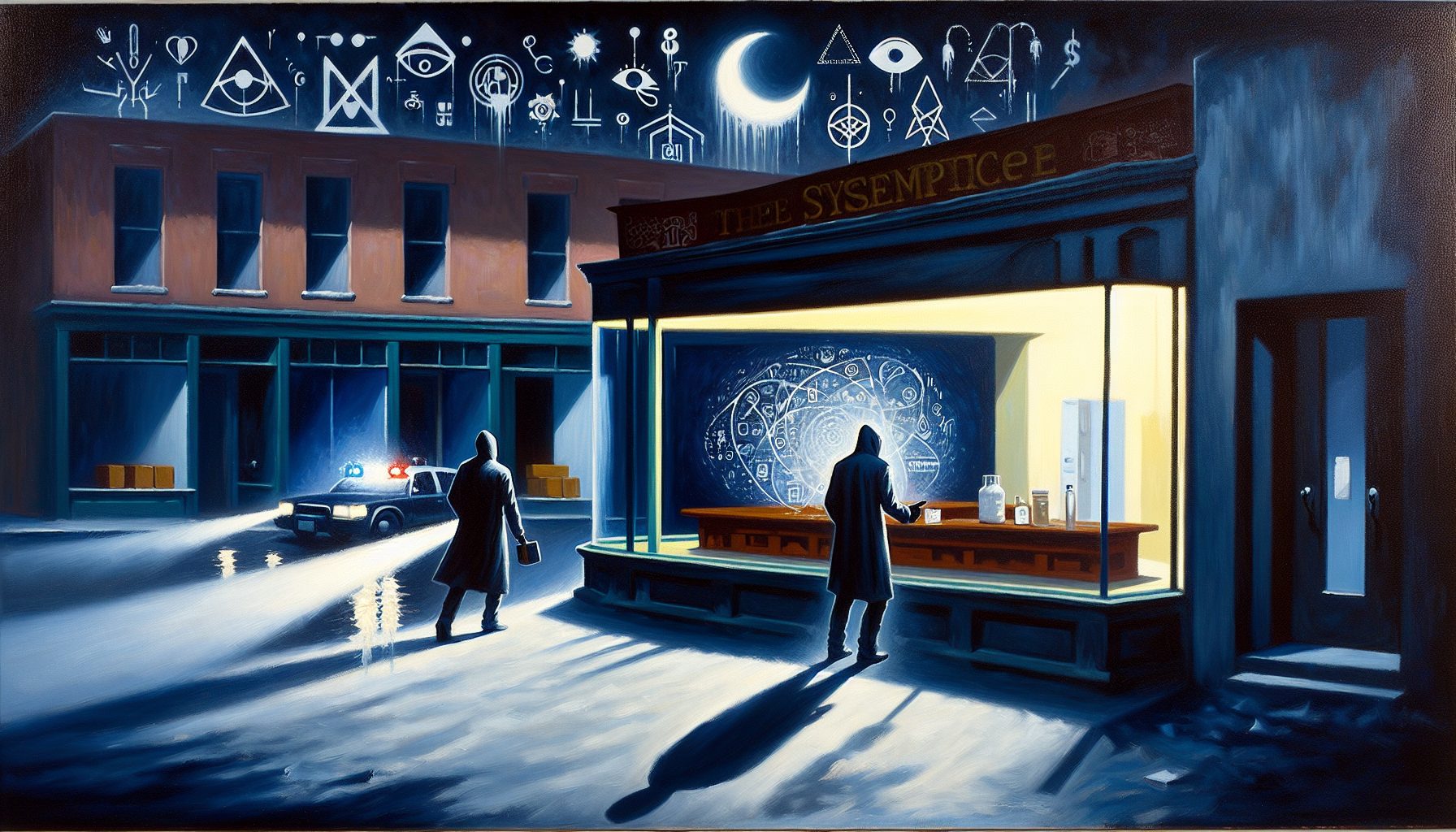 Economies ebb and flow, and weather systems, like marketplaces, are always chaotic. However, if we stay fixated on them, we can forget that the ship needs a good captain and good officers, in fair weather or foul–particularly in foul weather–and they must be identified and trained.
Economies ebb and flow, and weather systems, like marketplaces, are always chaotic. However, if we stay fixated on them, we can forget that the ship needs a good captain and good officers, in fair weather or foul–particularly in foul weather–and they must be identified and trained.
We neglect, at our peril, the people who will lead us in what we must do. We can talk global marketplace, knowledge economy, agility, innovation and all the other big ideas out there today until we’re bored, but if we don’t have the people who can navigate them, we are adrift.
The academy is nothing if not responsive to the organizations that will receive their graduates. When corporations gloried in the independent smokestacks that defined their organizations, universities provided the specialists who could fill them. Today, as the smokestacks are coming down, leading universities are gearing up to provide a new kind of leader.
At the Lally School of Management & Technology at Rennselaer Polytechnic Institute, for example, the MBA curriculum is built around five courses: creating and managing an enterprise; networks, innovation and value creation; developing innovative products and services; formulating and implementing a competitive business strategy; and managing the business implications of emerging technologies.
Is there any better description of the needs of corporations today?
Lally also addresses one of the most stubborn smokestacks: technology. At a time when technology is the strategic enabler of an organization’s mission, it is still too often left to languish in the hands of technologists–and, on campus, in its own building with its own degree program.
But here’s how Lally describes its mission: “The conventional style of business education isolated from technology is obsolete …the school’s mission is to develop technically sophisticated business leaders who are prepared to guide their organizations in the integration of technology for new products, new businesses and new systems.”








